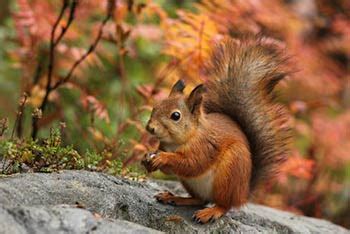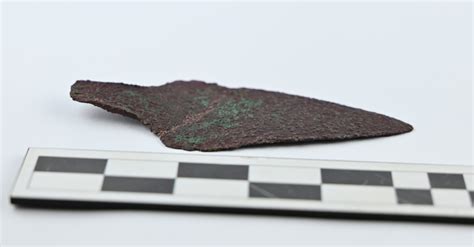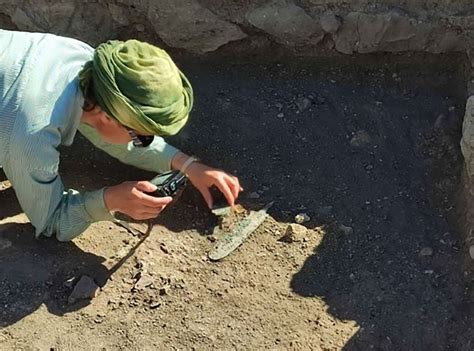Red squirrels, those bushy-tailed acrobats of the forest, have a captivating allure. These creatures are native to the United Kingdom, particularly in regions like northern England and Scotland. However, their habitat extends to Wales and a few offshore islands.
For years, a special population of red squirrels in Formby, nestled on England’s west coast between Liverpool and Bristol, enjoyed a unique dietary supplement courtesy of conservationists and enamored tourists – delicious peanuts! While these snacks might seem like a generous treat for our furry friends, they unwittingly set off an unexpected chain of events that left researchers astounded.
The scientists from University College London delved into this nutty saga to uncover startling revelations about how hand-feeding peanuts had inadvertently altered the physiology of these crimson critters. Through meticulous analysis of donated squirrel specimens at the University of Edinburgh, they made a jaw-dropping discovery – quite literally!
Unveiling Nature’s Response:
The study revealed that red squirrels consuming peanuts exhibited signs of weaker jaw strength compared to their counterparts dining on natural fare like pine nuts and acorns. Their skulls bore telltale marks of this dietary shift – flatter shapes and muscle attachments closer to the joint – both indicators pointing towards diminished bite efficiency.
Professor Phil Cox noted that these changes occurred rapidly within just a few years. It was as if nature itself was whispering secrets about adaptability in response to altered feeding habits. “We know that bone can respond to its mechanical environment,” says Cox. The findings offered a fascinating glimpse into how wildlife can adapt physically even over short timescales due to external influences.
A Lesson in Evolution:
The story didn’t end there. As caretakers reduced peanut distribution in the late 2010s, subsequent generations displayed skull features more akin to their unaffected northern kinfolk. This remarkable reversal highlighted nature’s resilience and its ability to rebound when subjected to changing circumstances.
Cox emphasized the importance of considering not just nutritional value but also food toughness when managing wildlife diets. The study underscored how human interventions could extend beyond mere behavior modification; they could shape biological traits down to the skeletal level.
In essence, this inadvertent experiment with peanuts provided valuable insights into evolutionary dynamics at play within isolated animal populations facing alterations in their ecological niche.
As we unravel such tales from the natural world, it serves as a poignant reminder of our interconnectedness with all living beings populating this wondrous planet Earth.






Leave feedback about this